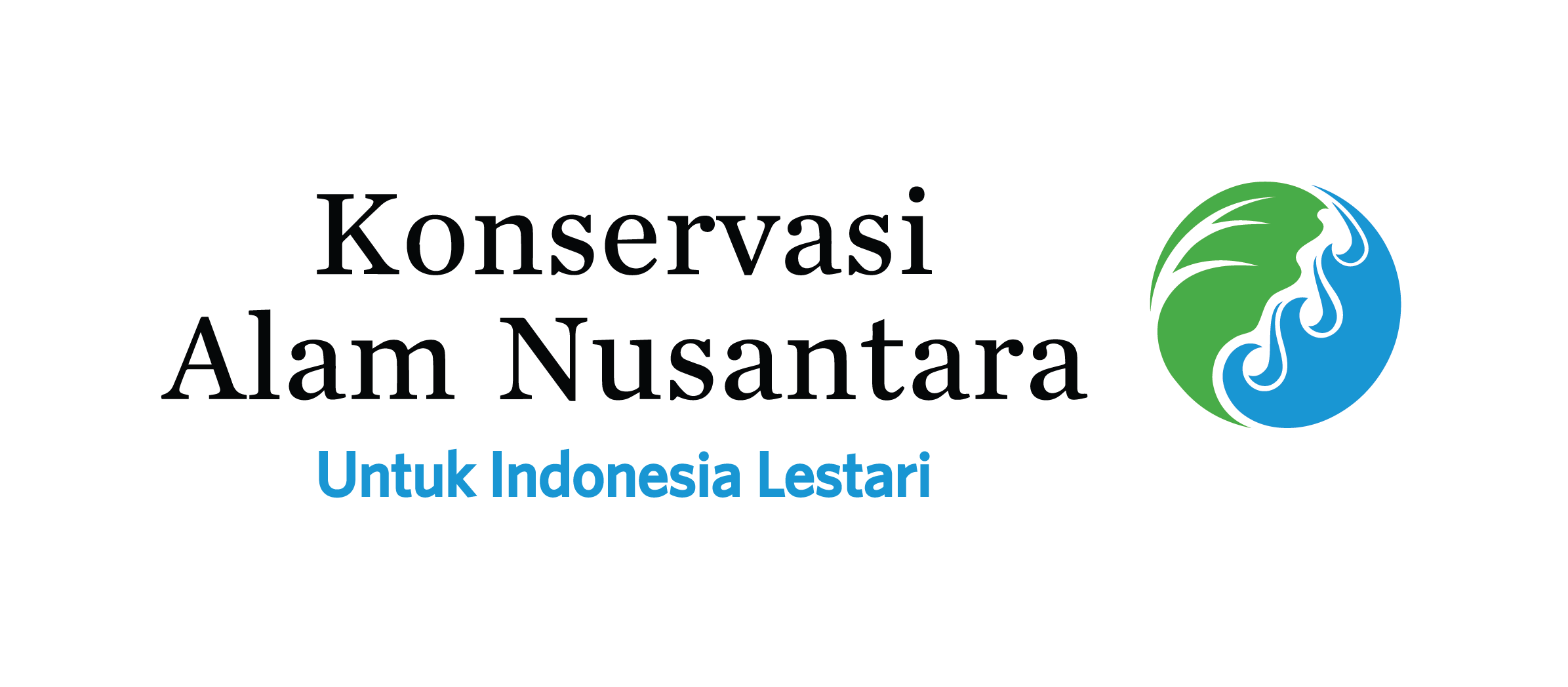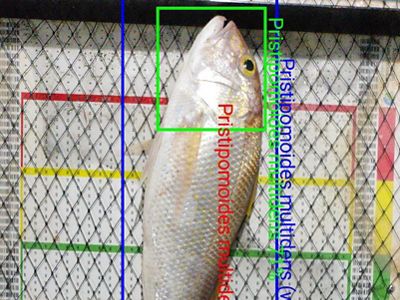FishFace

FishFace: YKAN’s AI Innovation for Smarter Fisheries Management
Fisheries play a vital role in the cultural life of Indonesia’s coastal communities. Market surveys show that Indonesian fisheries encompass more than 873 species of bony fish and over 137 species of sharks, rays, and chimaeras. Unfortunately, many of these fisheries are overexploited, while Indonesia still lacks sufficient data to determine the stock status of commercially traded fish species.
YKAN is currently designing a new approach to address these challenges by creating an innovative software application called FishFace—short for Fish Facial Identification Technology. FishFace is designed to help both government and coastal communities better understand the status of fish stocks in Indonesia’s fisheries and develop effective solutions that benefit people and nature.
FishFace harnesses artificial intelligence to reduce misidentification, deliver reliable fish stock data, and speed up the species identification process. YKAN has developed the technology across several phases—FishFace 1.0 (2017–2018), 2.0 (2020–2021), 3.0 (2023–2024), and now 4.0 (2024–2025). To date, FishFace has successfully identified more than 10 species of snapper and tuna.
FishFace is poised to be an innovative tool for real-time data collection, offering more accurate insights into fish stock status and the location of fishing activities. The data it collects will form a reliable baseline for assessing fish stocks across Indonesia and help guide evidence-based management. Ultimately, this will support stronger efforts to protect marine biodiversity and promote more sustainable fisheries.



